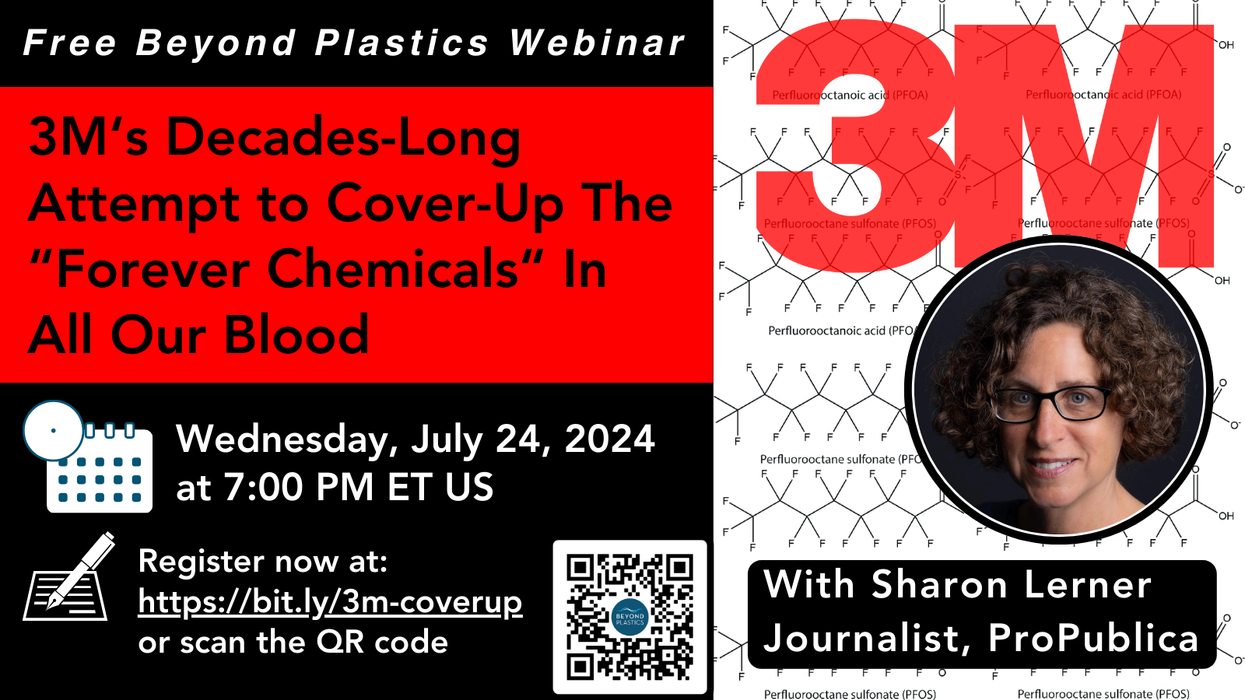A recent study published in Environmental Health Perspectives examined the outcomes of various dietary, clinical, and regulatory strategies to reduce exposure to two groups of harmful chemicals, bisphenols and phthalates.
In short:
- Of the 58 intervention strategies studied, 47 of them (81%) resulted in a decrease in people’s chemical exposure.
- Policies that restricted the use of bisphenol and phthalates in consumer products demonstrated the greatest impact, with widespread, long-term, and more significant reductions in exposure.
- Of the dietary strategies, interventions where participants were given access to fresh, unprocessed foods were most successful in reducing exposure.
Key quote:
“Policy interventions have great potential to reach many people from all demographic and social backgrounds and bring about lasting reductions in exposures.”
Why this matters:
Bisphenols and phthalates are both associated with many harmful health effects, including reproductive, developmental, neurological, and immune dysfunction. The results of this study demonstrate that policy interventions are more effective, more consistent, and have a more widespread impact than strategies that put the burden on individual consumers to avoid chemicals. The authors emphasize the need for more regulations and better coordination between regulatory bodies to help reduce health risks.
Related EHN coverage:
- Plastic chemicals are more numerable and less regulated than previously thought: Report
- Regulating chemicals by class: A task of surgical precision
- How BPA and its evil cousins dodge meaningful regulation
More resources:
- The Food Packaging Forum tracks proposed regulations open for public comment from around the world.
- Safer States tracks U.S. state-level chemical regulations.
- You can also follow Dr. Maricel Maffini on X for U.S. regulatory updates.
Sieck, Nicole et al. for Environmental Health Perspectives vol. 132, 3. Mar. 13, 2024


















